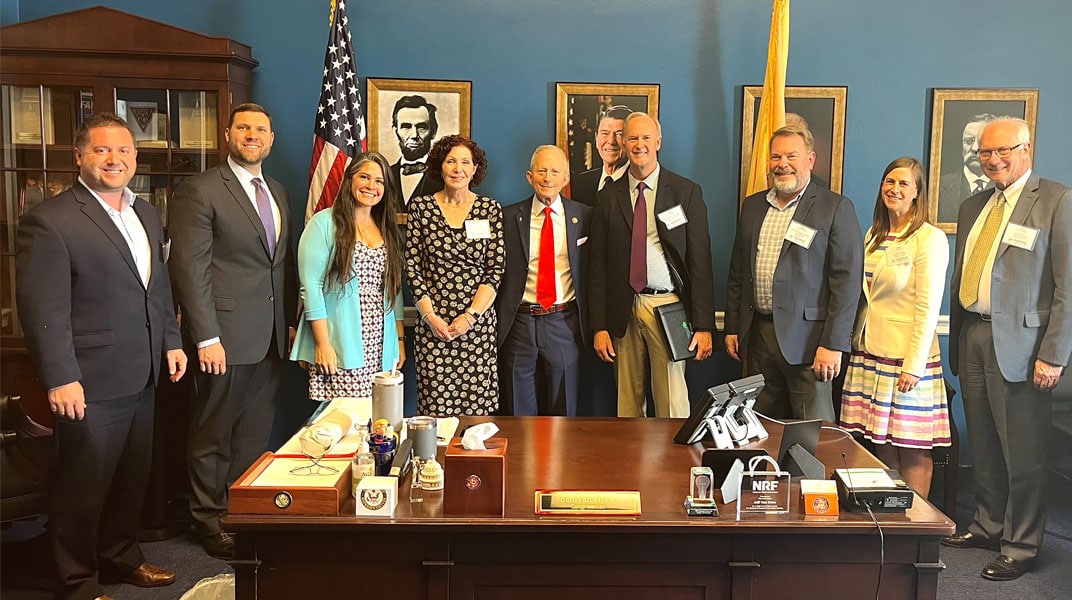
Political Involvement Programs
Make your voice heard! Join with other NAMIC members to speak out on the issues that affect your company and our industry.
Autonomous Vehicle Technology and the Insurance Impact
Automotive technology is advancing more quickly than ever and the functionality of vehicles on public roads is changing seemingly overnight.…
Big Data, Artificial Intelligence, and Risk-Based Pricing: Dispelling Five Common Myths
A myth is consistently defined as an unfounded or false notion. Myths have captured humanity and been prevalent in societies…
The Future of Insurance: Seeking Solutions in a New Era of Risk
People are facing a riskier world than ever before. While they look to insurance companies to help protect against those…



